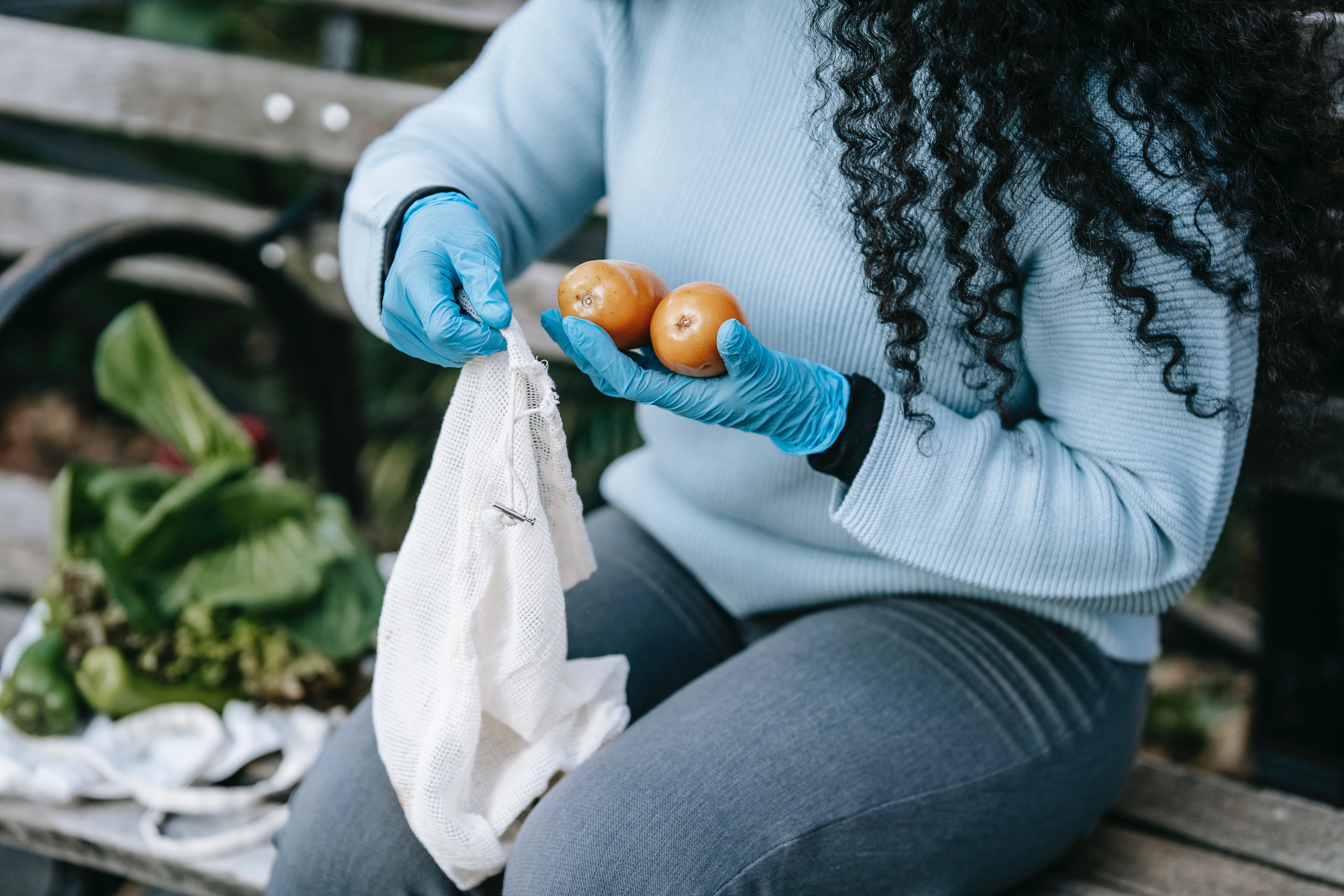Every year in the UK, approximately 9.5 million tonnes of food waste is generated, of which 70% is avoidable, according to WRAP (Waste & Resources Action Programme) [1]. Despite growing awareness about sustainability, a substantial proportion of this waste still ends up in landfills, contributing to greenhouse gas emissions. At Keenan Recycling, we firmly believe in engaging consumers in food waste recycling as it contributes to managing waste responsibly and paves the way for a more sustainable future. This blog will explore several effective strategies for businesses to involve consumers in recycling to build consumer awareness and promote sustainable practices.
The Power of Recycling Bins
The first step towards encouraging customers to recycle food waste is providing accessible recycling bins. For businesses, strategically placing recycling bins encourages customers to consider their waste disposal habits.
- In a study conducted by WRAP, the presence of recycling bins in food businesses increased food waste recycling by up to 30% [2].
Offering Incentives: Discounts for Sustainable Choices
Providing customers with financial incentives can also be effective. Offer a discount to customers who bring their containers for takeaway orders, which can significantly reduce the reliance on single-use packaging.
- A study at the University of Cambridge found that a 25p discount on coffee led to a 65% increase in customers using their reusable cups [3].
- The London Waste and Recycling Board discovered that 75% of Londoners would be more likely to use a reusable container with a discount [4].
How to Educate Your Customers About Food Waste Recycling?
Running educational campaigns is a crucial part of building consumer awareness. These campaigns can include in-store posters, leaflets, digital newsletters, or social media posts and should explain the importance and process of recycling food waste.
-
On-site Awareness Tools
Leverage engaging and clear posters or leaflets at your premises to educate about the significance of food waste recycling and how customers can contribute. Make them visually appealing to capture attention.
-
Interactive Workshops and Seminars
Host regular seminars or workshops on food waste recycling, inviting experts to discuss its impact and benefits. These can offer practical tips and demonstrate effective recycling methods.
-
Digital Advocacy
Harness your digital platforms. Create compelling website content, newsletters, and social media posts that spotlight food waste issues and your business’s role in mitigating them. Share actionable tips on food waste minimisation and effective recycling.
-
Mobile Education
If your business has a mobile app, incorporate educational content on food waste recycling. This can include articles, infographics, or videos to cater to a smartphone-savvy audience.
-
Sustainability Challenges
Propose sustainability challenges, like a month-long food waste reduction initiative. This can stimulate active participation and heighten awareness of personal food waste generation.
IKEA UK’s ‘Live Lagom’ campaign is a prime example of a successful educational initiative. It included sustainability workshops, leading to 92% of the participants continuing the sustainable practices they learnt [5].
Building Partnerships for Greater Impact
Partnering with local environmental organisations or other businesses can boost your impact. Hosting events, seminars or workshops on food waste recycling can engage a wider audience and make a more significant difference.
Companies like Pret A Manger have partnered with charities like the Felix Project to redistribute unsold food, showcasing how partnerships can drive sustainable practices and community engagement [6].
Conclusion: The Future is Green
For businesses, embracing food waste recycling is not just a choice but an imperative for a sustainable future. Through accessible recycling bins, financial incentives, educational campaigns, and partnerships, businesses can play a critical role in creating a more sustainable future. These strategies reduce food waste and elevate your business’s reputation as a sustainable entity, attracting the ever-growing segment of eco-conscious customers.
Begin your journey towards sustainability today. Review your current practices, identify areas for improvement, and incorporate these strategies into your business model. Remember, every small step towards reducing food waste makes a significant difference. Engage your customers in your sustainability efforts, and together, let’s build a greener future.
Join the food waste recycling with Keenan Recycling. Encourage, educate, and engage for a sustainable tomorrow.
References:
[1] WRAP. (2021). Food surplus and waste in the UK – key facts. Retrieved from http://www.wrap.org.uk
[2] WRAP. (2020). Recycling collections. Retrieved from http://www.wrap.org.uk
[3] The University of Cambridge. (2018). Reusable coffee cups are a tried-and-tested means of reducing the use of single-use cups. Retrieved from http://www.cam.ac.uk
[4] London Waste and Recycling Board. (2019). Reusable packaging. Retrieved from http://www.lwarb.gov.uk
[5] IKEA UK. (2017). Live LAGOM – my year of living more sustainably. Retrieved from http://www.ikea.com
[6] Pret A Manger. (2020). Charity Run. Retrieved from http://www.pret.co.uk


